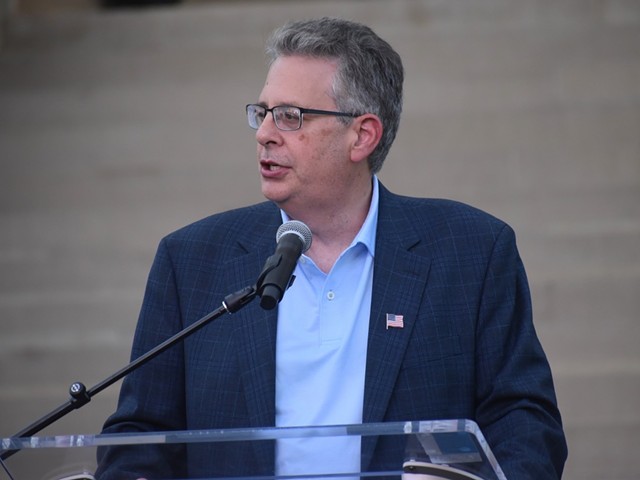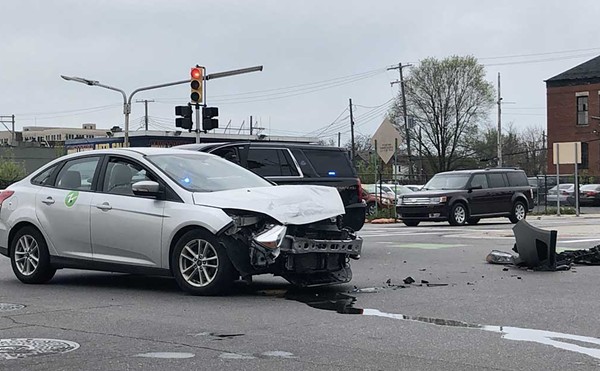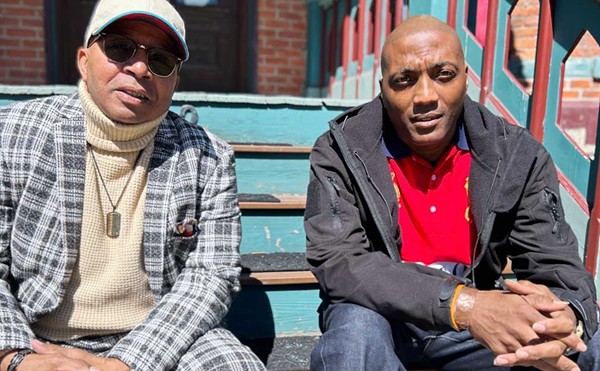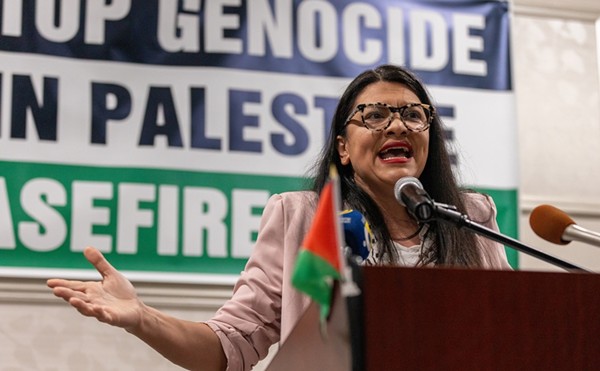
It’s been more than two and a half years since the first COVID-19 lockdowns swept the world. Two and half years of lost parents and spouses, lovers and friends. Two and a half years of lost wages and opportunities, economic strife and frustration. Two and a half years of downs and ups, surges and ebbs.
I understand the urge to declare the pandemic over. But pandemics have a way of frustrating our optimistic urges. And yet that didn’t stop President Biden from making that declaration on 60 Minutes this week.
Biden on @60Minutes says Detroit auto show last week a sign: “the pandemic is over”
— Dan Diamond (@ddiamond) September 19, 2022
BIDEN: We still have a problem with covid, we’re still doing a lot of work on it… but the pandemic is over.
If you notice, no one’s wearing masks, everyone seems to be in pretty good shape. pic.twitter.com/bSo30oaNNX
Contrast that with what World Health Organization Secretary General Tedros Adhanom Ghebreyesus had to say earlier in the week:
“A marathon runner does not stop when the finish line comes into view. She runs harder, with all the energy she has left. So must we. We can see the finish line. We’re in a winning position. But now is the worst time to stop running.”
The fundamental difference here is what these messages require of us. Where Biden’s message signals that the end is here — that we have nothing more to do — Ghebreyesus signals that what we do now may dictate how fast we finish. So what does it mean to run through the finish line?
First, it means recognizing that the course may veer. Right now, we are watching BA.5, the dominant omicron subvariant, recede. Cases, hospitalizations, and deaths are down — though they remain unacceptably high at an average of 391 deaths per day over the past two weeks.
The fact that cases are down is great news, because every single year of the pandemic thus far has seen a fall surge but one does not appear to be taking hold right now. Scientists thought that if there were to be a surge, it would likely be a BA.5 surge. Our fall vaccination campaign was built on that assumption, which is why both Pfizer and Moderna are offering bivalent boosters, including another dose of the original vaccine mRNA and one tailor-made for BA.5.
The decline of BA.5 without a new omicron subvariant coming behind it suggests that the omicron subvariant surges (original omicron, BA.1, BA.2, BA.2.12.1, BA.4, and BA.5) may have left behind enough anti-omicron immunity to prevent the next subvariant from penetrating. But that doesn’t mean that we may not see an entirely new variant emerge — something that doesn’t rely on the omicron chassis but instead evades our omicron-specific immunity. The fall is just getting started, after all.
By declaring the pandemic over, Biden undercuts his own administration’s efforts to urge Congress to fund efforts to actually end it. A few weeks ago, they requested $27 billion to support, in part, vaccines, testing, and treatments.
The vast majority of hospitalizations and deaths to COVID right now are occurring among people who have yet to receive their first doses of vaccine, rather than those who are waiting to receive their fourth. That should force us to ask bigger questions about how we continue to fight this pandemic. The hard part is the central question of motivation. The folks who are most protected in this moment are also the ones who are most likely to take the threat seriously and seek another course of the vaccine, while those for whom the threat is greatest have chosen to leave themselves vulnerable.
Running through the finish line also requires us to recognize the toll of the race. The lasting impact of COVID isn’t only in the million Americans who’ve died and the millions more they’ve left behind. It’s also in the millions more suffering with long COVID. For them, the pandemic isn’t over — for many it’s just beginning. And the fact that we lack a firm understanding of what causes long COVID, how to prevent it, or how to treat it suggests that prematurely declaring the pandemic over may foreclose on the work we yet need to do to answer these basic questions.
Finally, every marathoner analyzes their races to prepare for their next one. This pandemic exposed major holes in our public health infrastructure. Indeed, it made them far worse. As I’ve written, monkeypox — a disease that is far easier to prevent than COVID — demonstrates just how poorly prepared we are for the next major pandemic.
I understand the political incentives President Biden is facing. The pandemic is not broadly popular and declaring it over is good politics going into a contentious midterm election. Yet the price of premature declarations could be high. Worse, it hampers the ability to truly bring the pandemic to an end.
Originally published Sept. 20 in The Incision. Get more at abdulelsayed.substack.com.
Stay connected with Detroit Metro Times. Subscribe to our newsletters, and follow us on Google News, Apple News, Twitter, Facebook, Instagram, Reddit, or TikTok.






